BY DENNIS DOTY
The following article is used with permission from Westminster Classical Christian Academy (WCCA).
I am not a handy man, but I love tools. I think this is true for most men. My handy-man skill set is limited to the most basic of washroom fixes like unclogging the tub and toilet.
Don’t tell, but at school I am often called upon to unclog a toilet. Not the most glorious of my principal duties (pun intended), but necessary.
So I dignify it a bit with a little drama. Before going into the washroom, I will gather a crowd of students and give a speech equivalent to Julius Caesar Crossing the Rubicon (The die is cast!). Then I bravely enter the horrid scene and shut the door. Quick tip, there is not much to unclogging the toilet, just short and quick pumps of the plunger and voila. BUT with the mass of students concerned for my well-being, I continue the suspense by sounding a struggle, “Oh my goodness!” and “You’ll never get the best of me,” or my favourite, “vengeance is mine sayeth the Lord!” Then I splash a little water on myself and open the door victoriously. Students cheer and my wife loves me more.
All that to say, a plunger is a tool. And it is helpful.
In education there are also tools. Latin is a tool, reading great literature is a tool, writing and composition is a tool, mathematics is a tool, accepting responsibility for conduct is a tool, etc.
Many schools pride themselves on the offering of many subjects. Subjects are thought to equate with knowledge. Students may be taught more subjects, but are they more learned?
WCCA keeps a simplistic approach to learning. More subjects are not the key, rather providing the appropriate tools of learning so students have access to more—and over a lifetime. Dorothy Sayers, in The Lost Tools of Learning, calls for a “progressive retrogression”:
We have lost the tools of learning—the axe and the wedge, the hammer and the saw, the chisel and the plane—that were so adaptable to all tasks. Instead of them, we have merely a set of complicated jigs, each of which will do but one task and no more, and in using which eye and hand receive no training, so that no man ever sees the work as a whole or “looks to the end of the work.”
HERE ARE 6 WAYS TO BUILD A “TOOLBOX” FOR YOUR CHILD
1. Read a lot. At WCCA, books and reading dominate homework. Replace visual entertainment like television or tablet with quality time spent as a family. Develop a family library so that whatever a child grabs from the shelves offers stories that are good, true, and beautiful.
2. Learn the grammar of Mathematics. This begins with recognizing numbers and growing into the speed and accuracy of the multiplication table. Practice this casually and while they are young. If this is neglected now, then learning it later may lack delight.
3. Create an outdoor discovery pack. This pack ought to include pencils, coloured pencils, a journal or composition book, nature notebook, plastic baggies for collections, plenty of snacks, and coins for the ice cream truck. Make it a habit to take this with you and be ready for opportunities to enjoy and explore God’s good creation.
4. Make weekly recitations a habit. Students are able to retain a lot! As part of a morning or afternoon liturgy include reciting poems, fables, or even Latin declensions. Include the whole family. My daughter Eva and I recently went head-to-head in a catechism quiz and had a blast.
5. Make a stack of Latin flashcards. Keep this stack near the fridge. Occasionally flip through it and familiarize yourself with the language. Choose vocabulary for household items, numbers, calendar, and family.
6. Fight against the utilitarian view of vocation. This is the hardest of them all. I commend Cindy Rollins article on this point. We don’t just want an education to provide security but to create a whole person. As a quotation in my office says, “Children are souls to be nurtured not products to be measured.”
You are creating a family culture of learning. Incorporating the above ought to simply develop delight in learning. As Dorothy Sayers says, “the sole true end of education is simply this: to teach men how to learn for themselves; and whatever instruction fails to do this is effort spent in vain.”
DENNIS DOTY
Dennis is married to Alecia and together they have three children. Dennis is the Associate Pastor of Christian Education at Westminster Chapel and the principal of Westminster Classical Christian Academy

